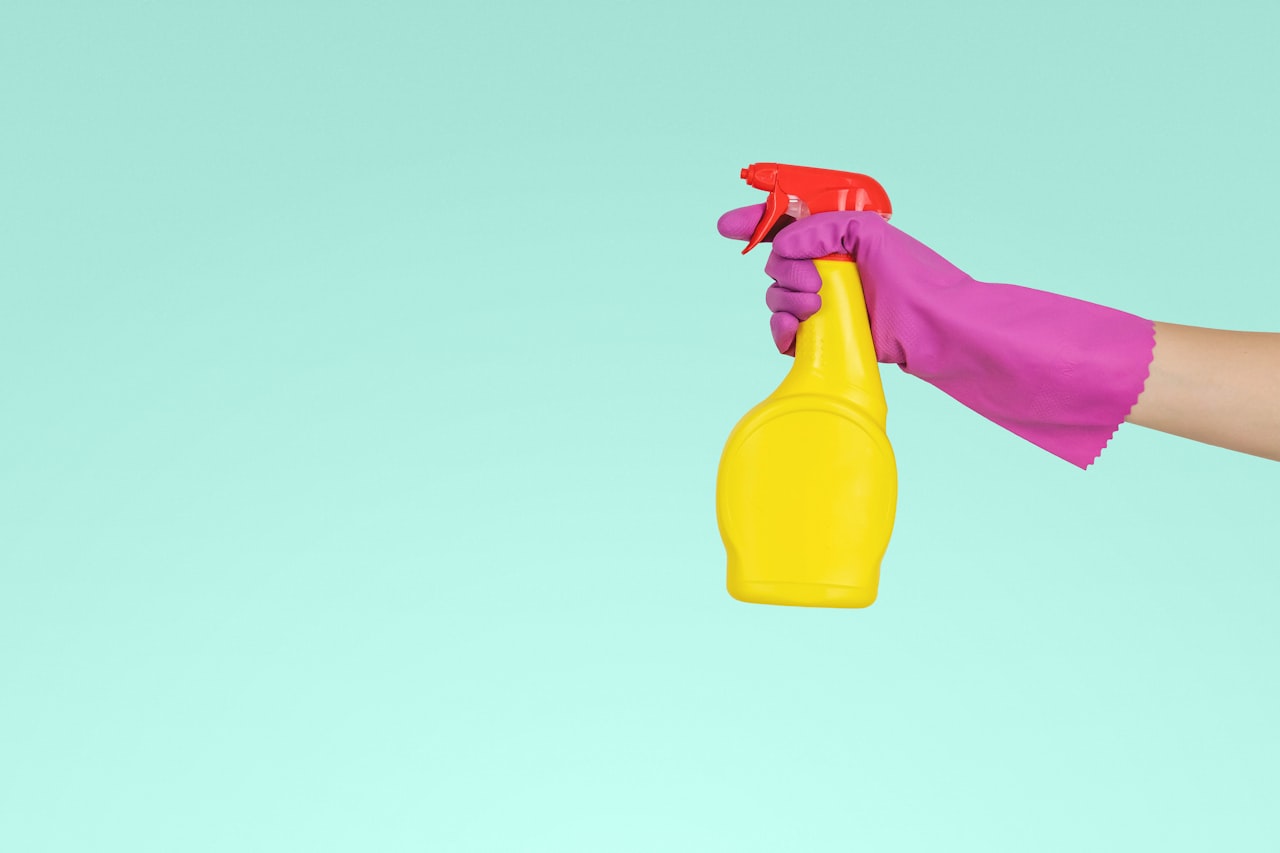Fall is finally here, which means winter is right around the corner. In the colder parts of the country, those winter months can reap costly damage if homeowners aren’t prepared. Below are some tips on fall home maintenance you should focus on this season.
1. Trees, Shrubs, & Garden
Falling tree limbs could be a major hazard in the winter, and fall is the perfect time to address them. A professional tree service will be able to examine the trees on your property for signs of failing health to help prevent tree loss, and prune correctly to avoid any branches falling off. Take extra care with any limbs that are growing close to the roof or power lines.
Now is also a good time to prune any shrubs; after the leaves turn, a careful pruning will encourage healthy growth. When you’re finished, make sure to clean off your gardening tools before putting them in storage for winter.
2. Leaves
Although we don’t get the pretty change of leaves here in Charleston, we do get to enjoy leaf piles now and then. You could consider putting those leaves to good use in your garden. Leaves are rich in nutrients, and can be used for composting, insulating your garden, and enriching your soil. Just make sure to shred the leaves first. A leaf shredder will be most efficient, but a lawn mower will achieve the same results.
3. Gutters
All those leaves coming down can also clog your gutters and downspouts if left unchecked. When it rains, clogged gutters will cause the water to pool which can cause damage to your siding or roof. It can also create ice dams if our temperatures drop to freezing. To prevent this, make sure to regularly clean them out during the fall months. The drainage areas should be completely unblocked by leaves, twigs, or other debris.
For the roof, you’ll probably need to break out a ladder. Use extreme caution when doing this, or hire a professional if you’re unsure. And to save yourself headaches in the future, consider installing some gutter guards to prevent clogging.
4. Safety
It’s time to test your smoke and carbon monoxide detectors and replace any batteries as needed. And if you own a wood-burning fireplace, be sure to inspect and clean it before the cold weather sets in to prevent carbon monoxide poisoning and chimney fires.
5. Plumbing
A commonly known but easily forgotten rule is to shut off the water to your exterior faucets before temperatures drop below freezing and the pipes freeze and burst. In case the pipes do freeze, make sure you know where your shut-off valve is located. Any hoses should not only be drained, but also stored indoors before the winter- leaving them attached could cause water to back up in the pipes and freeze.
If you have an irrigation system, this will also need to be drained. Irrigation lines, even if buried, can freeze in the winter and leave you with busted pipes and sprinklers. The process to drain the system will differ depending on whether it is a manual or automatic valve, so research carefully.
6. Insulate
According to Energy.Gov, between 25% to 30% of residential heating use is due to heat loss through windows. To save on energy this winter, weatherstripping is an easy, low-cost solution. Apply the stripping around windows and doorframes to seal the heat inside. Door sweeps can also help along the bottoms of drafty doors. For additional energy saving, grab some exterior caulk and take a trip around the exterior of the home to seal any cracks between the trim and siding.
Next, journey up to the attic to make sure the insulation is still in order. If installed correctly, the vapor barrier should be facing down; if it’s facing up, it will trap moisture and cause water damage. Also, make sure the insulation isn’t covering any vents, which could cause ice dams on the roof.
7. HVAC
For your furnace or heating system, make sure to replace the filters before you start using it regularly. This is something homeowners should do every 2-3 months regardless, but if you’re behind on the maintenance, now is the time. The system should also be inspected and cleaned by a licensed HVAC technician- this is important to avoid carbon monoxide poisoning, and ensure peak performance through the winter.
















































































